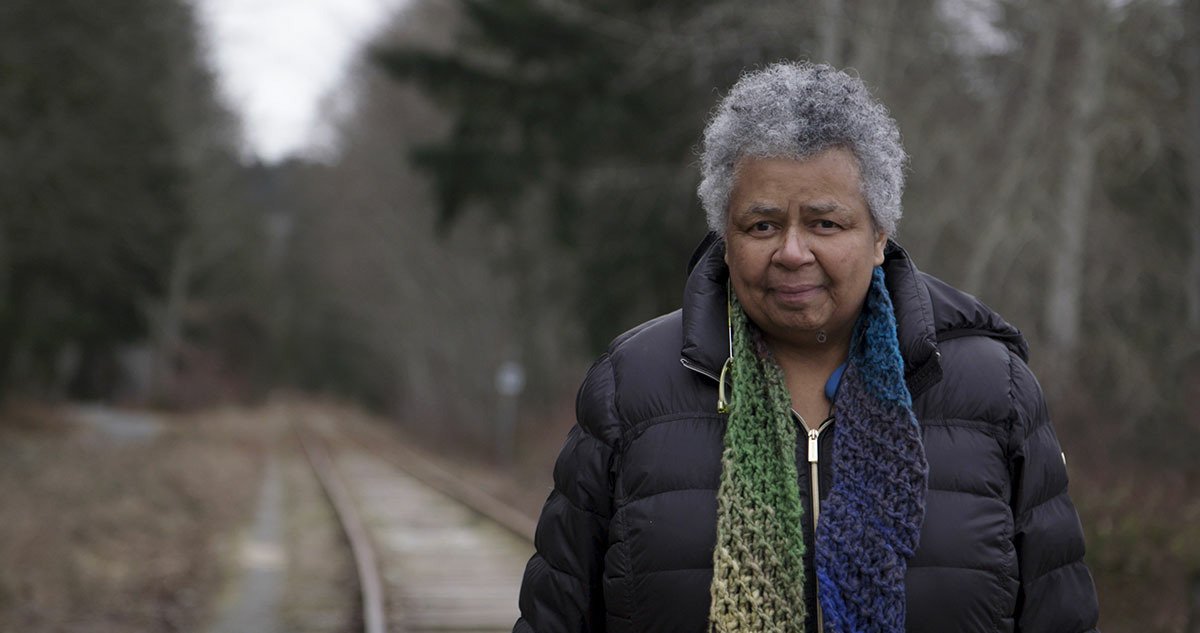
Series 1
militant mother
Mothers making their voices heard.
About the Film
To get to class on time, children from the Raymur Place social housing project were forced to jump shunting train cars that stood in their path. In 1971, after months of petitioning for a safe crossing, a group of mothers made their voices heard by blockading CN rail from delivering goods.
Director
Carmen Pollard
Producer
Carmen Pollard
Writer
Carmen Pollard
Cinematographers
Claire Sanford, Grant Baldwin
Sound
Chris McLaren
Composer
Brent Belke
Runtime
8 MIN
Carmen Pollard
Editor
About the Director
Carmen Pollard
Carmen Pollard is a Canadian filmmaker focused on stories that centre underrepresented voices and perspectives within the arts, social and climate justice. She has worked throughout her professional career as a director, editor, producer and digital compositing artist. Her award-winning work has been broadcast throughout North America, has screened theatrically, on Netflix, and at festivals worldwide.
Artist Statement
I stumbled across the Hot Docs call for proposals on stories that center civic engagement right around the time I’d been reading about the Militant Mothers of Raymur. Being an avid cyclist and a long-time East Vancouver resident, I often access their pedestrian bridge to pass moving trains. In noticing the plaque and signage, I became curious about this history.
Through my research I found that this story had been written and spoken about by journalists and historians. But what about the women who had taken great risks to see that a safe crossing be built for the community?
This pandemic prevented us from filming a chorus of voices. However, in speaking with some of the mothers and grown up children it became clear that the right individual to tell this story is the brilliant and generous changemaker, Carolyn Jerome.
Militant Mother tells a triumphant tale of direct action from precisely 50 years ago. There’s significant value in keeping such stories alive, as reminders and as guides on how to ensure all voices be heard past the din of colonial systems. The women in this story understood that seeing one another as worthy of respect, and of life, begins most powerfully in early childhood. The women intuitively understood that larger problems might not be solved by individuals, but that the power of cooperative community engagement can shift minds, policy and systems.
I’m certain audiences will be moved by the humble spirit and legacy of Carolyn Jerome, and the Militant Mothers. It’s my hope that viewers will be inspired to effect positive change in their own communities, through collective action or personal transformation.
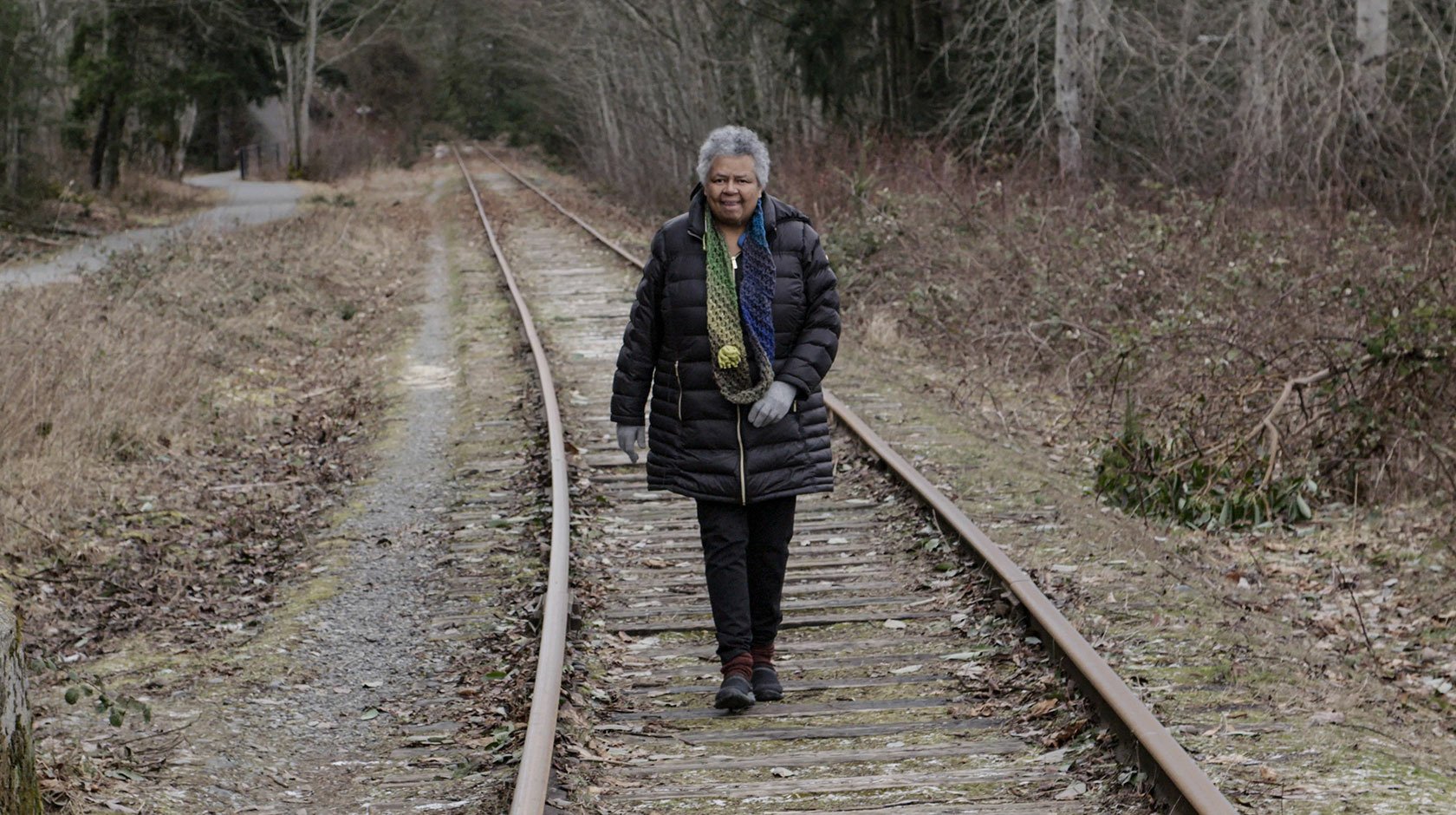


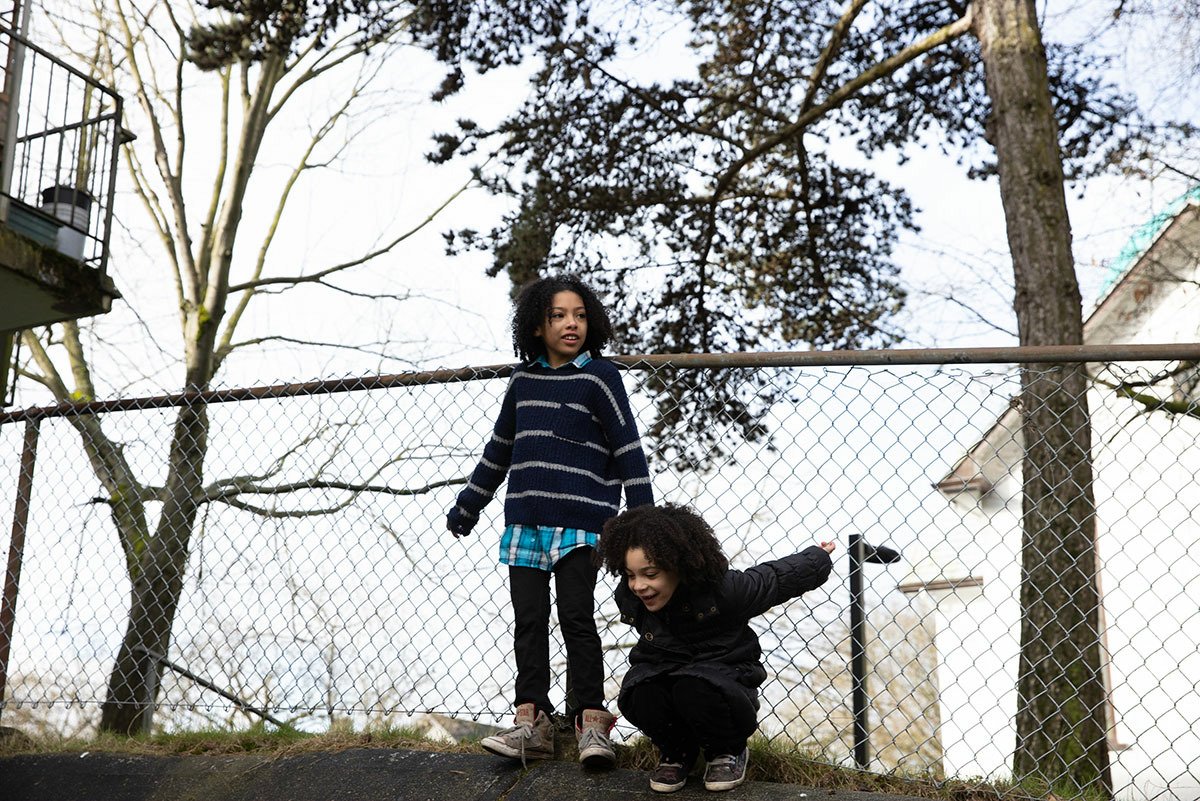


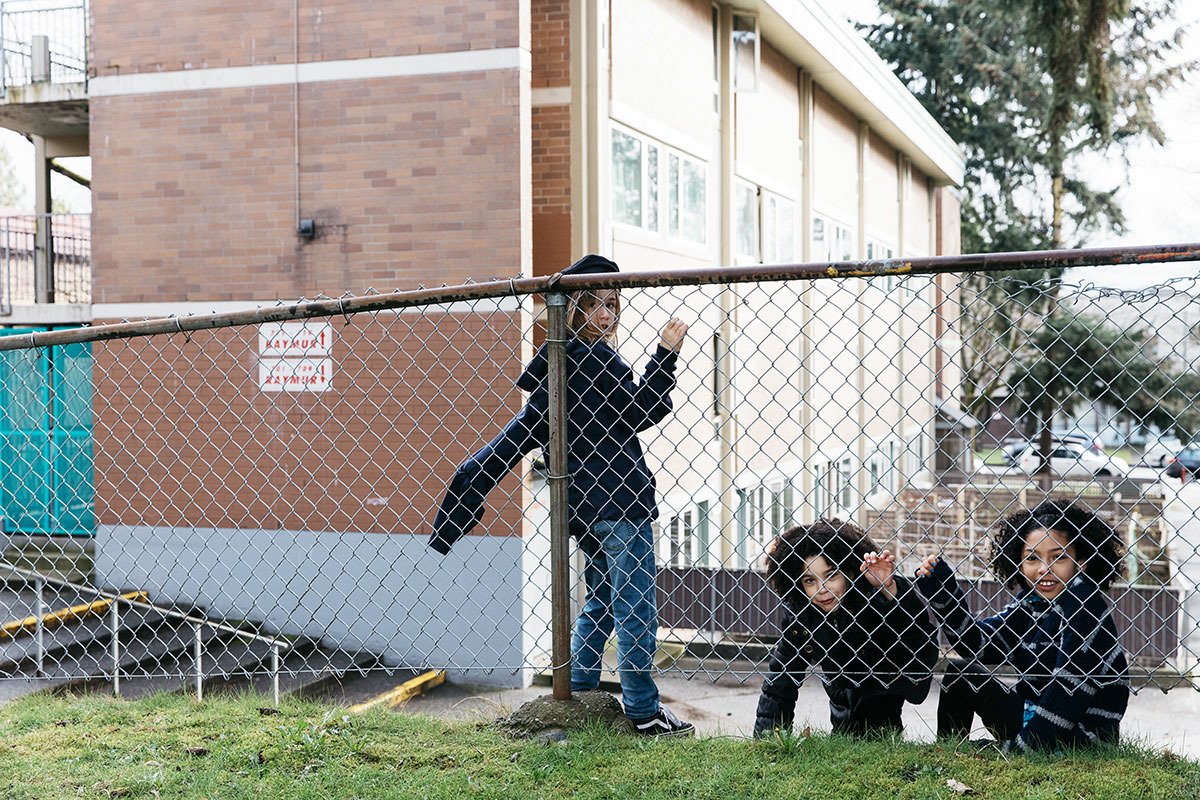
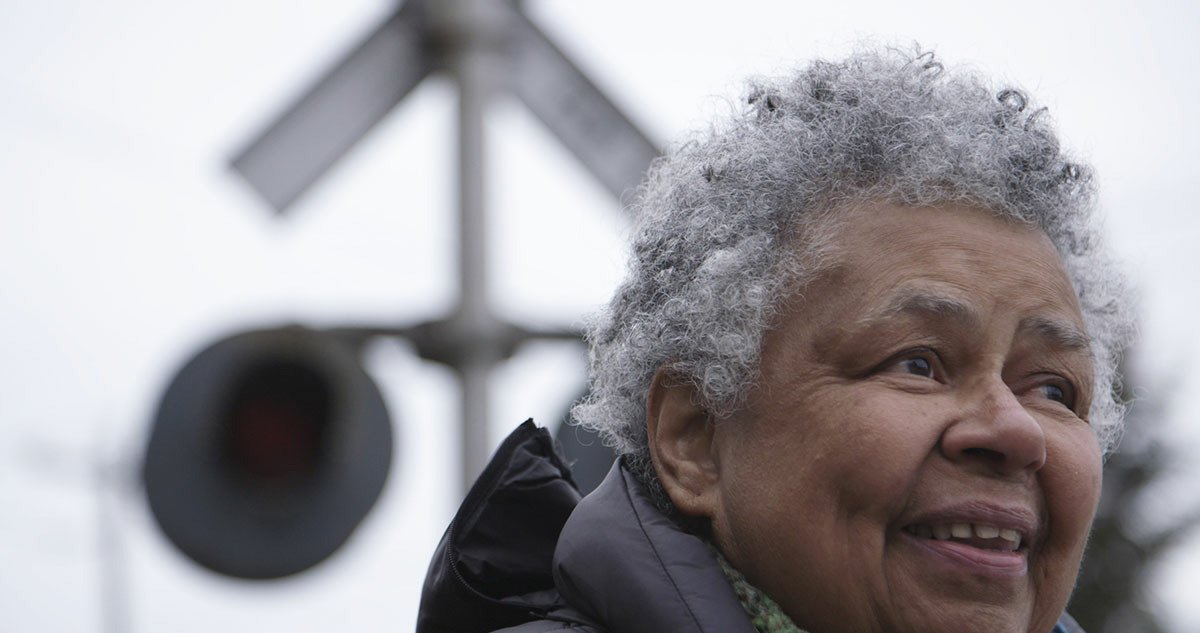


Host a Screening
Explore our resources and bring this film to your school or community!













